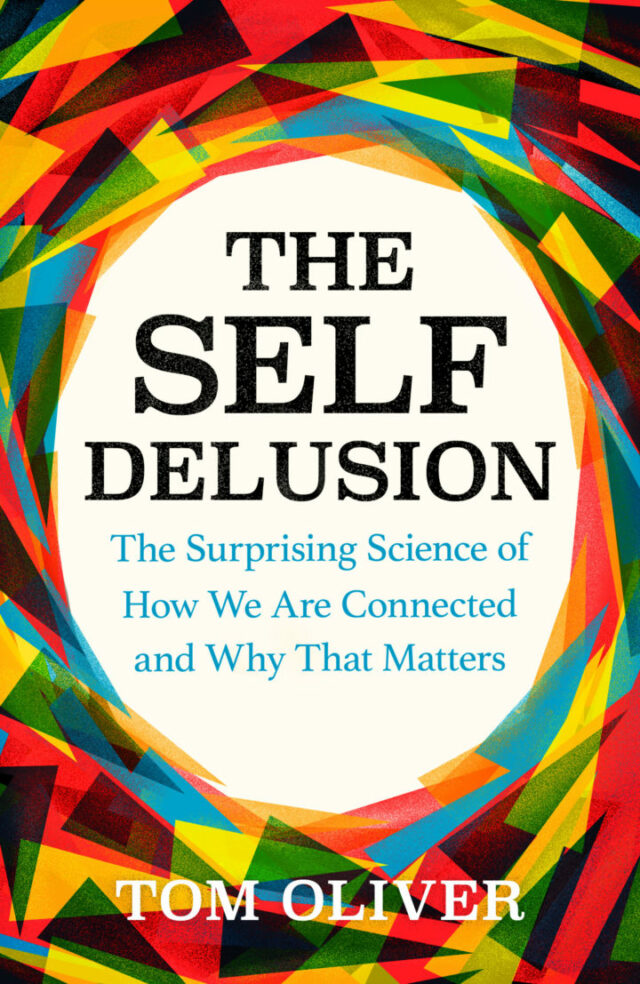Depression is on the rise in many modern societies. Climate and biodiversity crises are deepening. The issues might seem disparate, but research suggests that our mind sets are key to both problems. Increasing individuals’ sense of connectedness, with other people and with nature, has been shown to reduce depression and increase environmentally-friendly behaviours.
Tom Oliver is on a quest to embed that connectedness. His book The Self Delusion – published in January 2020 – explains how we are far more connected to each other and the world around us than we realise. He surprises the reader with scientific evidence that explains all atoms are recycled between organisms, trillions of germs colonise us, and our attitudes and ideas are shaped by others. The Self Delusion has received rave reviews and sparked follow-up media coverage and invitations to speak at literary festivals, extending its reach and influence.
Professor Oliver has also taken connectedness and systems thinking into the corridors of power, working with Defra to design a Systems Research Programme. The programme aims to achieve more effective and joined-up environmental policymaking. In this role Tom is helping galvanising government, pressure groups and the public to identify how to shift mind sets and change behaviour for the good of the planet.
In partnership with DEFRA, HM Cabinet Office, Royal Borough of Windsor and Maidenhead Council
Shortlisted for the University Research Engagement and Impact Awards 2020
First published: June 2020
Find out more
Understanding and acting on the causes of biodiversity (YouTube film, 1,52s, Aug 2019)
How studies in butterflies led to a paradigm shift in conservation (research highlight, Feb 2019)

